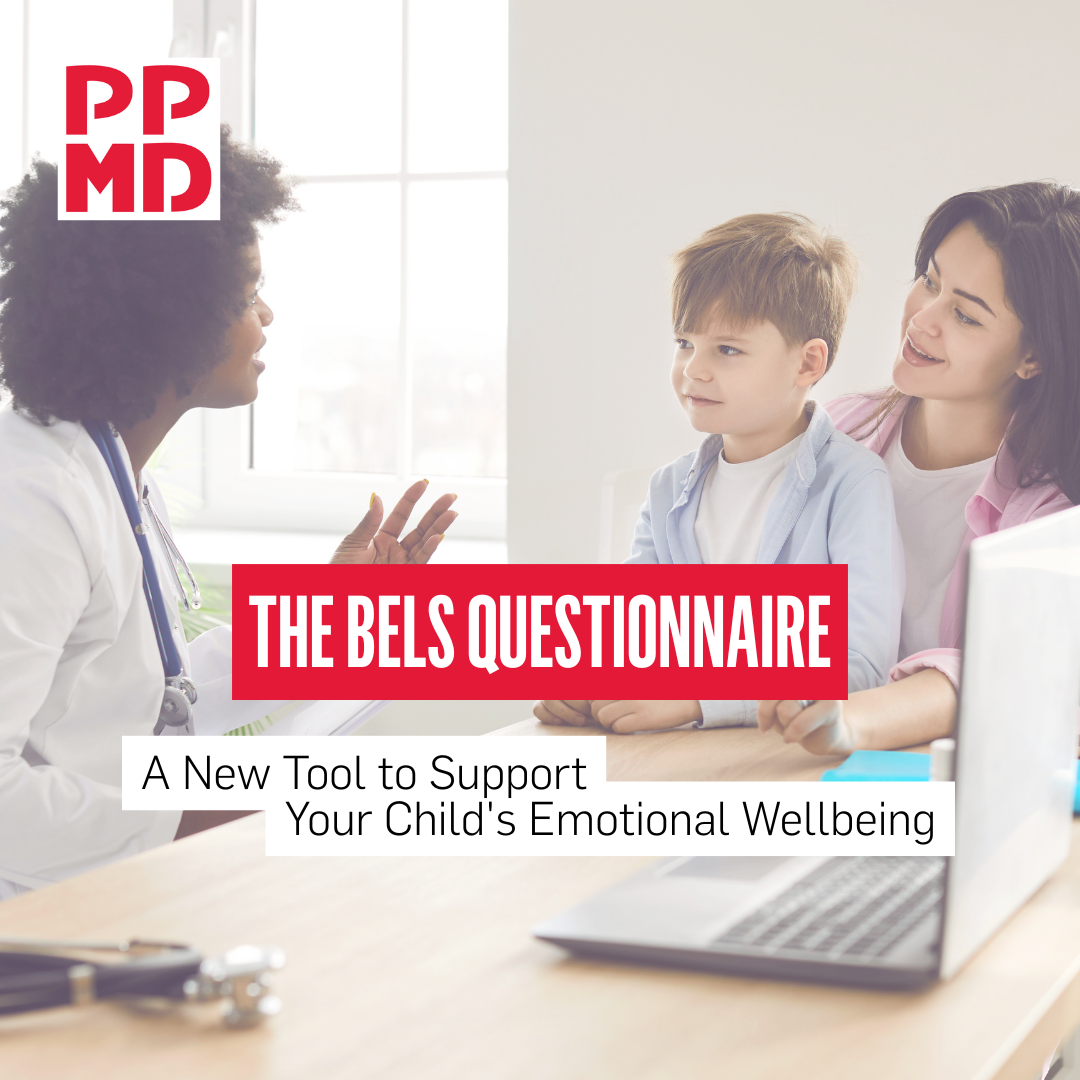
PPMD is excited to share that a new tool, the BELS (Behavioral, Emotional, Learning, and Social) questionnaire, has been developed by Drs. Natalie Truba (Nationwide Children’s Hospital) and Molly Colvin (Massachusetts General Hospital) and was recently tested at Arkansas Children’s Hospital in partnership with Drs. Seth Sorensen and Aravindhan Veerapandiyan.
While most doctors typically focus on the physical symptoms of Duchenne and Becker, the BELS questionnaire helps identify emotional, social, and learning challenges that impact daily life. The pilot study using this new screening tool in Dystrophinopathy was recently published in Muscle & Nerve.
Understanding the BELS Study
During the pilot study, the research team worked with 45 families to test this new questionnaire. They discovered something that numerous parents and families in this community already know to be true: many children with Duchenne and Becker face social and emotional challenges.
The study found more than half of the children were experiencing:
- Difficulties with behavior and emotions
- Challenges with learning
- Struggles in social situations
What’s especially important is that many of these children had not been formally diagnosed—meaning they may not have been getting the help they needed.
What This Means for Families
While the BELS questionnaire is still being tested and isn’t yet ready to be used on its own for diagnosis, it’s a big step forward in ensuring children get the support they need, when they need it. Think of it as an early warning system—like a check-engine light—for emotional and developmental health. This screening tool could help:
- Identify challenges early so children can get support sooner
- Ensure the child’s care team understands all aspects of their well-being
- Connect families with the right resources and services
- Develop care plans that address both physical and mental health needs
Looking to the Future
PPMD is pleased to continue working with Drs. Truba and Colvin to further validate how well the BELS questionnaire works to make it even more helpful for families. We understand that caring for a child with Duchenne or Becker means paying attention to the whole person—not just their physical symptoms.
Remember: If you notice your child struggling with emotions, learning, or social situations, you are not alone. Talk with your care team about your concerns—there are people ready to help support both you and your child through these challenges.
Learn more about Learning and Behavior
PPMD will keep the community updated as we learn more about how BELS can help all families get the comprehensive care they need and deserve.



 by: Parent Project Muscular Dystrophy
by: Parent Project Muscular Dystrophy

